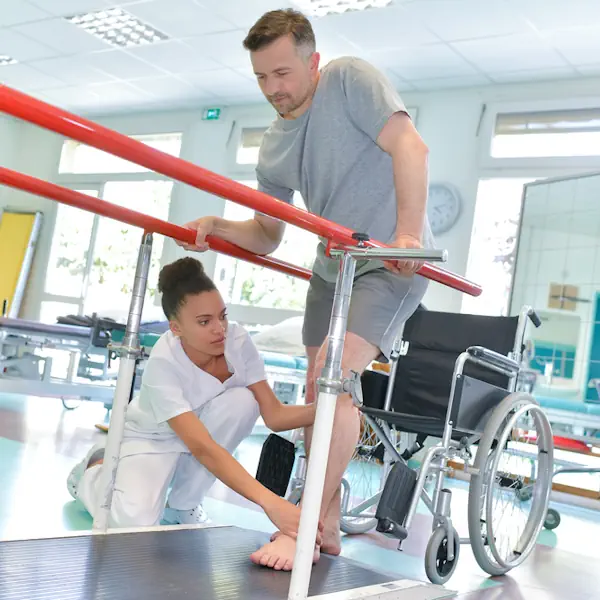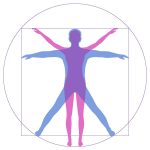'Own Occupation' and 'Any Occupation' in Total and Permanent Disability Insurance
Have you or your loved one wondered what policy to choose between ‘own occupation’ and ‘any occupation’ regarding Total and Permanent Disability (TPD) insurance? It is essential that you know the difference between them. Their emphasis is on how they define total and permanent disability and are impactful on your TPD claim.
Total and permanent disability insurance provides financial security for rehabilitation or medical treatment. You may be eligible to receive a lump sum benefit payment if you meet the policy requirement for defining being totally and permanently disabled after an injury or illness.
Hiring an experienced injury lawyer to guide you regarding the appropriate policy will benefit you. At Aussie Injury Lawyers, our experienced TPD lawyers can give you practical assistance and guidance regarding own occupation policy and any occupation policy.
What Does Total and Permanent Disability Insurance Cover?
A total and permanent disability can make it impossible for the injured person to engage in their occupation. In this situation, TPD insurance acts as a safety net to financially support such persons and their families. It ensures the maintenance of your quality of life irrespective of your total and permanent disability, including in the following ways:
- Assisting in paying for recovery and rehabilitation costs
- Providing the capacity to pay for professional caregivers if needed
- Enabling loved ones to reduce their work hours to cater for you
- Creation of a consistent source of income for future purposes
- Making funds available to offset your debts.
Difference Between Own Occupation and Any Occupation
Insurers have distinct definitions of what qualifies as being totally and permanently disabled, depending on the following two categories:
The own occupation policy is usually considered a better option for TPD insurance than any other occupation policy. It is regarded as better due to its flexibility and requiring less proof for a successful claim.
An own occupation policy allows you to claim if you cannot return to your previous profession, even though you are working in a different role or occupation. Note that you must prove that you cannot work in your previous profession.
Any occupation policy is a form of disability insurance that gives coverage for when an insured person cannot work in a job suitable for them based on experience, education, and age. It implies that if you can still work, even if the job is lower-paying, any occupation policy will not pay you benefits.
An example is when a surgeon who sustained an injury to their hands can work in other areas of the medical field, but any-occupation TPD insurance will not pay them benefits. Where you, as a policyholder, are prevented from performing any occupation for which you are qualified, you can receive benefit payment under the TPD insurance.
When you want to select your Total and Permanent Disability insurance cover, you can choose either your own occupation or any occupation cover. Note that TPD insurance for any occupation is usually a cheaper option because making a successful insurance claim for it is more challenging.

Choosing the Appropriate Total and Permanent Disability Insurance
The distinction between own occupation and any occupation TPD insurance is dependent on your occupation and financial position. You will need to consider the following factors:
- Job: In several cases, it seems more reasonable to choose own occupation policy. Suppose, for instance, you have invested your time and effort in attaining the position you are in your sector. In that case, own occupation policy may be your better option since you may not be able to find a job that earns you the same income rate as your previous role. Own occupation policy protects your years of diligence, studying, and training in case anything bad happens. When you are selecting TPD insurance, it is essential you consider the kind of role you are currently in.
- Exclusions: There can be an exclusion for certain professions. In other words, specific jobs might limit your Total and Permanent Disability insurance coverage choice. Many insurers do not make provisions for occupations like carpenters, electricians, or scaffolders regarding own occupation cover due to their likelihood of payouts.
- Cost: Cost is also a factor worthy of consideration when choosing the kind of TPD insurance. Though any occupation cannot provide the same security that own occupation policy can produce, it is cheaper, as you will likely pay low insurance premiums.
Likewise, if your injury or illness is severe to the point that you cannot work in any job within your profession or if the injury that stops you from working in your usual occupation also hinders you from working in any other job, any occupation might be a good option.
Other Types of Total and Permanent Disability Insurance
Aside from your own occupation and any occupation policies, there are other kinds of TPD insurance premiums, including the following:
- Dependent Existence: This classification is considered when you have a cognitive impairment or are hindered from living independently.
- Incapacitation from Daily Living Activities: This form of TPD insurance definition refers to when it becomes impossible for you to perform activities needed for daily survival, such as eating.
- Incapacitation from Home Duties Performance: For this kind of TPD insurance, you cannot perform substantial duties at home.
Aussie Injury Lawyers Can Help You Effectively
It is essential you understand what type of insurance cover is available to you when selecting your TPD insurance. You should also consider your job, financial situation, and eligibility when determining the type of cover you should take out. For your Total and Permanent Disability claims, our experienced TPD lawyers can assist you adequately.
Since your choice of any occupation or own occupation can be a significant determinant of whether you can make a successful claim when the time comes, it will benefit you to hire experienced lawyers. Our experienced TPD lawyers at Aussie Injury Lawyers are willing to guide you through your choice.
Reach out to us today for a free consultation – Call 1300 873 252




